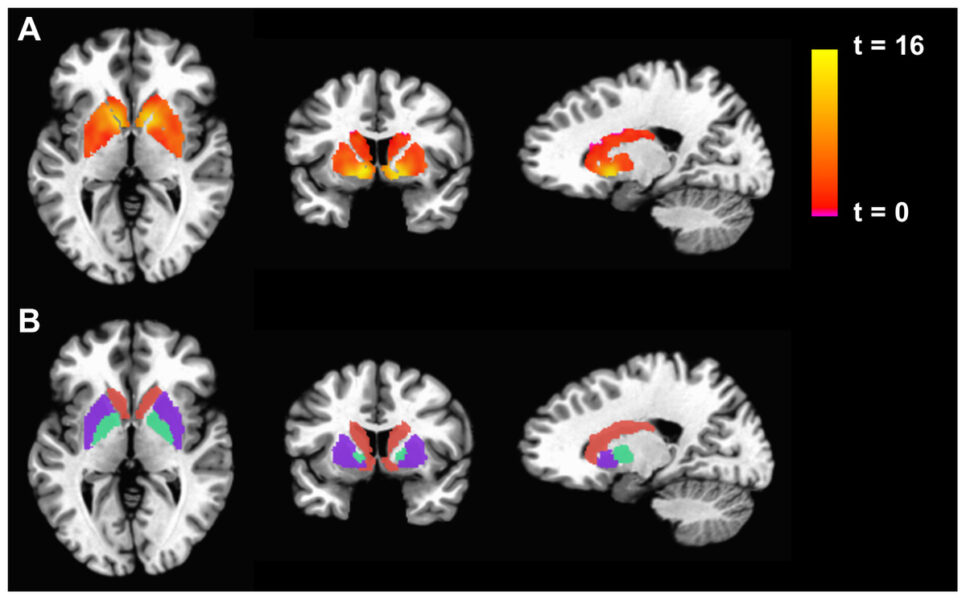
Attention Deficit Hyperactivity Disorder (ADHD) is a neurodevelopmental disorder that affects both children and adults. It can have a significant impact on an individual’s daily life, affecting their performance at school or work, relationships, and overall well-being. In the United Kingdom, ADHD is a recognized medical condition, and diagnosis and treatment options are available through the National Health Service (NHS). ADHD prevalence rates in the UK are estimated at around 3-5% of the child and adolescent population, with many cases continuing into adulthood. The exact cause of ADHD is not fully understood but is believed to involve a combination of genetic, environmental, and neurological factors.
Adult ADHD represents a distinct clinical entity from childhood ADHD, both in terms of presentation and underlying neurobiology. While childhood ADHD often manifests with hyperactive and impulsive behaviours, adult ADHD tends to exhibit more subtle symptoms, including inattention, disorganization, and impulsivity. This distinction is partly due to the brain’s maturation process, as the prefrontal cortex, responsible for executive functions like impulse control and attention, continues to develop into adulthood. Biologically, adult ADHD is associated with alterations in neurotransmitter systems, particularly dopamine and norepinephrine. Brain imaging studies have revealed differences in the structure and function of the adult ADHD brain, affecting regions like the prefrontal cortex and the default mode network. Recognizing these differences is vital for accurate diagnosis and effective management of adult ADHD, often involving a combination of therapy and medication tailored to the unique needs of the individual
The medical records of 100,000 people diagnosed with adult ADHD revealed that they were almost three times more likely to develop dementia.
Recent studies have brought to attention the greater link of people diagnosed with ADHD as adults and the risk of dementia. This correlation was examined through the medical records of 100,000 people diagnosed with adult ADHD which revealed that they were almost three times more likely to develop dementia. The study researched further and understood that the biological processes involved in ADHD could diminish the brain’s capacity to offset the effect of processes, such as neurodegeneration or blood flow. This statement was supported by Dr Stephen Levine who said, “This is consistent with the primary result that adult ADHD increases dementia risk…”
The research team examined the records of 109,218 individuals, with an average age of 57.7 years at the study’s commencement in January 2003, and monitored them until one of the following events occurred: death, departure from the HMO, dementia diagnosis, or the study’s conclusion in February 2020. The findings indicated that, during the study’s duration, 730 people received an adult ADHD diagnosis, with 96 (13%) of them also being diagnosed with dementia. In contrast, those without an adult ADHD diagnosis had 7,630 dementia diagnoses (7%). After adjusting for variables such as age, gender, socioeconomic status, smoking, and various health conditions, the researchers discovered that individuals diagnosed with adult ADHD during the study exhibited a 2.77-fold higher risk of receiving a dementia diagnosis.
These studies have become more prominent and relevant over time due to the increased awareness on ADHD, along with more focus on mental health. This study comes at a difficult time for those with ADHD in the UK due to the current shortage of ADHD medication faced by the UK and internationally. The NHS has issued a warning regarding the shortage of supply of three types of ADHD medication, which is expected to affect a number of individuals. The NHS believes this shortage to be the result of an “excessive increase in demand.” Additionally, doctors have been asked to avoid prescribing ADHD medication at the moment due to the shortage.


